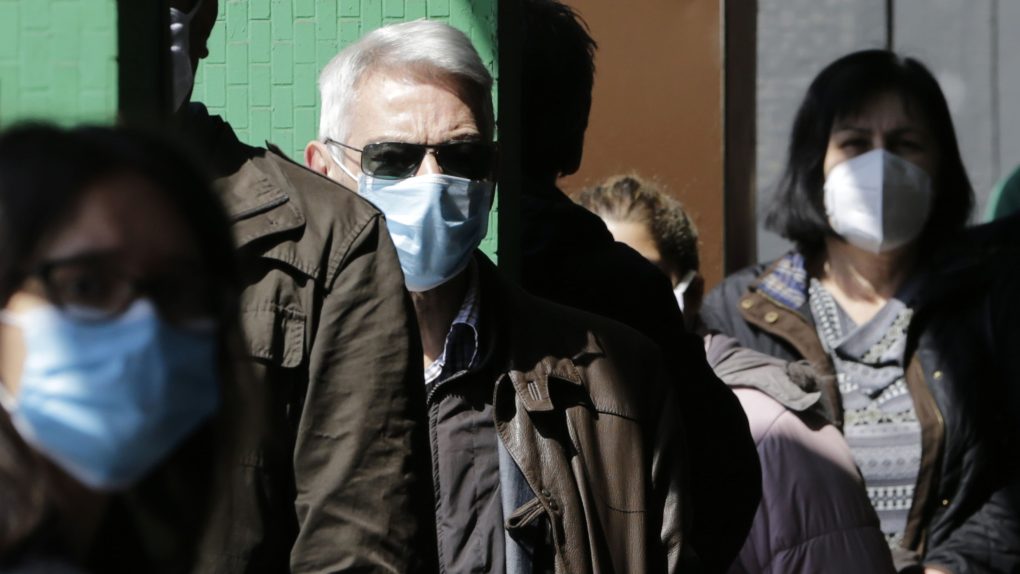- A Singapore man beat the novel coronavirus, but it stayed in his system for 40 days without presenting any symptoms, according to doctors.
- The man tested positive for over a month after his symptoms subsided, puzzling healthcare workers.
- Understanding why some people continue to test positive even after the virus has been beaten is increasingly important for scientists and health experts.
- Visit BGR’s homepage for more stories.
One of the most puzzling questions surrounding the novel coronavirus pandemic is just how long the virus hangs around in the human body. Testing for the virus has provided scientists with confusing results, including asymptomatic patients who never got sick but still registered as positive, and even patients who beat the virus still testing positive over and over again.
As the Los Angeles Times reports, a man in Singapore just endured the most dramatic example of the virus’s ability to hang around even after it’s been “beaten” by a person’s immune system. According to the report, 42-year-old Charles Pignal experienced mild symptoms that included a cough and fever that quickly went away. His symptoms were gone, but the virus refused to throw in the towel.
Pignal, like other confirmed coronavirus patients, had to test negative multiple times before he was allowed to go home. That posed a serious problem, as the virus seemed to just sort of hang out in his body for weeks after his symptoms disappeared. We know that people are still capable of spreading the virus even if they’re not symptomatic, so ensuring that Pignal didn’t spread the disease was important, but he just couldn’t seem to shake the bug.
It took a full 40 days after he was admitted before he managed to test negative for the virus on two consecutive days. That means that after he “beat” the virus and the symptoms subsided, he spent over a month just waiting for it to finally leave his body. In the meantime, he sat and waited.
Understanding how and why some patients seem to hang on to the virus for longer than others is a mystery that desperately needs to be solved. As health officials come up with guidelines on how to deal with recovered COVID-19 patients, ensuring that those individuals aren’t unwittingly still spreading the virus to their friends and family is a major concern.
Some health experts believe that poor testing methods may be partly to blame for these long, drawn-out coronavirus recovery stories. It’s possible, they say, that tests are returning false positives by detecting fragments of the virus that are already dead. A person may indeed be free of the virus, but as the viral “garbage” is still floating around in their blood, tests may trigger a positive result.
Going forward, doctors will need a better way of determining exactly when a patient has officially beaten the novel coronavirus, indicating that it is okay for that person to rejoin society.








